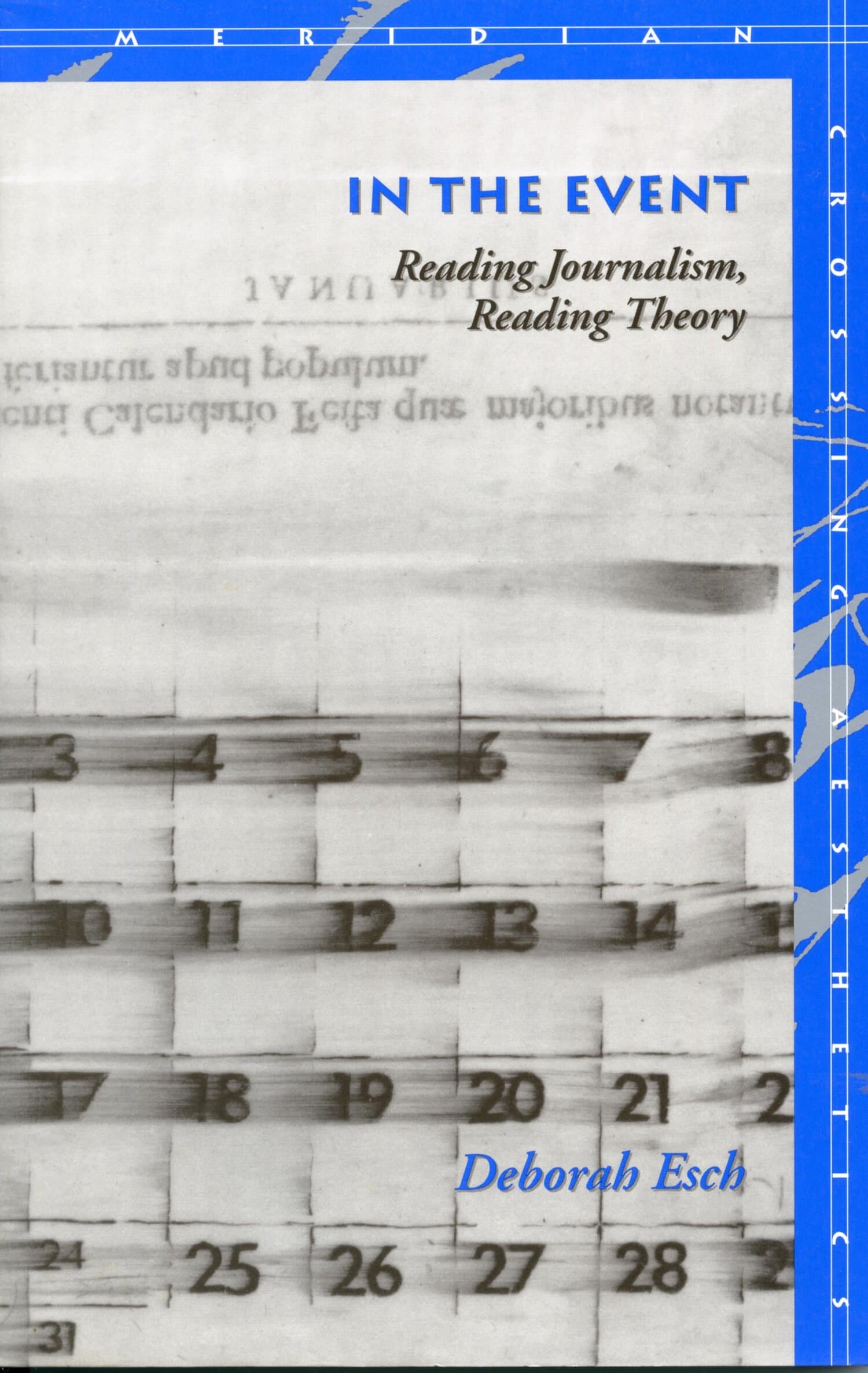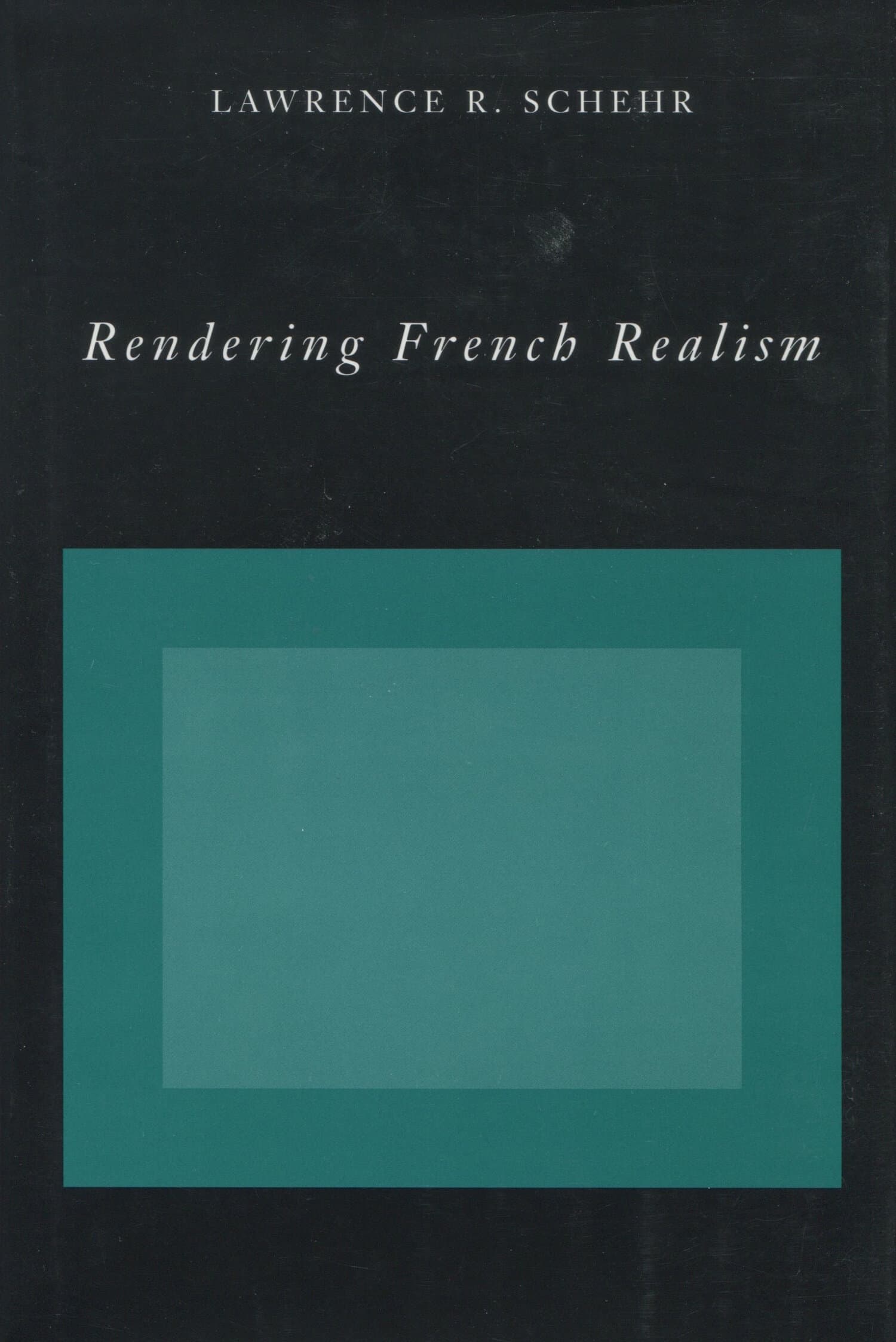Economies of Change

This book argues against the tendency of much of literary studies today to mistake the critique of formalism for a license to disregard form altogether. In detailed readings of ten novels (by Balzac, Stendhal, Austen, Dickens, and James), the author shows how novelists, in their practice of novelistic representation, deal with certain cultural issues, social values, and ideological purposes through the particular combination and manipulation of a set of formal possibilities.
The analysis of each novel centers around the notion of transformation—or the “economy of change”—as it informs the text and our understanding of it, arguing that transformation is not only a basic category of narrative structure but also the key to the link between literary form and cultural context. The readings foreground the different ways transformation operates in narrative texts: as a category of plot, as what underlies the production of meaning or knowledge in the text, and as what constitutes the text as representation. The discussion of each novel begins by reviewing certain dominant interpretations and then proceeds to offer alternative readings, challenging the logic that underlies those interpretations and complicating common ways of categorizing novels.




